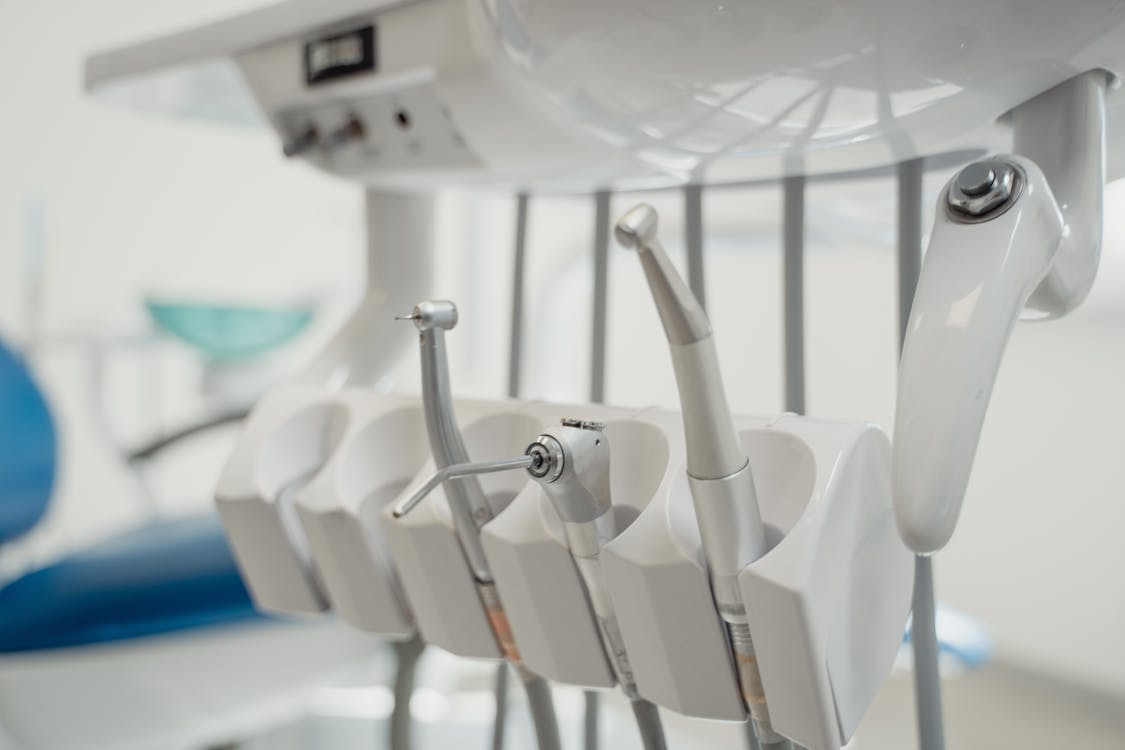About Dental Teeth Doctors
Oral health is an individual’s ability to enjoy food, speak, smile and be free of disease. People with poor Oral health suffer from chronic pain and disability, limiting their quality of life and affecting their overall health.
Dental diseases are largely preventable and can be treated with simple and inexpensive measures including oral hygiene, diet and fluoride. Oral diseases disproportionately affect young, disadvantaged and underprivileged populations. Oral disease is also a risk factor for other systemic conditions such as cardiovascular diseases and diabetes.
Research shows a direct link between your oral and general health, with a growing body of evidence showing that poor oral health increases your risk of diseases such as heart attacks, strokes, dementia and more. Similarly, good oral health can help manage other diseases and conditions such as diabetes and asthma.
A person’s oral health can be affected by many factors such as genetics, age, diet, smoking and the use of alcohol and medications. Poor oral health can lead to infections, swollen gums, jaw and head pain and tooth loss.
Many of these issues can be prevented with regular brushing and flossing, visiting your dentist regularly and avoiding sugary foods. In addition, a mouth guard can protect teeth and gums in sports and other activities where there is the potential for injury.
The AAFP is working to promote awareness of how an individual’s oral health is related to their overall well-being and to highlight the importance of routine dental care. Our efforts include strengthening partnerships with other health professionals and organizations to offer information that helps patients understand how important it is to have good oral health in order to achieve the best overall health.
Most oral disease is preventable and can be managed through regular visits to your dentist, a proper diet, healthy eating habits and cessation of tobacco use. However, some conditions are more serious and may require urgent care. These include tooth decay, periodontal or gum disease, temporomandibular joint or jaw dysfunction and birth defects such as cleft lip and palate.
Dental problems can limit a person’s ability to work and play, especially in low-income families. The AAFP is working to ensure that patients have access to high-quality dental care by supporting legislation to improve access and coverage, such as expanding Medicaid, addressing discrimination and reducing barriers, and encouraging routine dental visits for adults, children and seniors.
Increasing access to dental care involves a wide range of interventions, from training more dentists and building clinics to providing better insurance and payment models for providers. These interventions need to be integrated into a comprehensive oral health care system that can deliver prevention, diagnosis and treatment for a full spectrum of oral disease. This includes ensuring that traditional oral health providers, such as dentists and hygienists, can work alongside non-traditional providers like primary care physicians and other public health workers to treat the full continuum of diseases that affect the mouth and the rest of the body.

